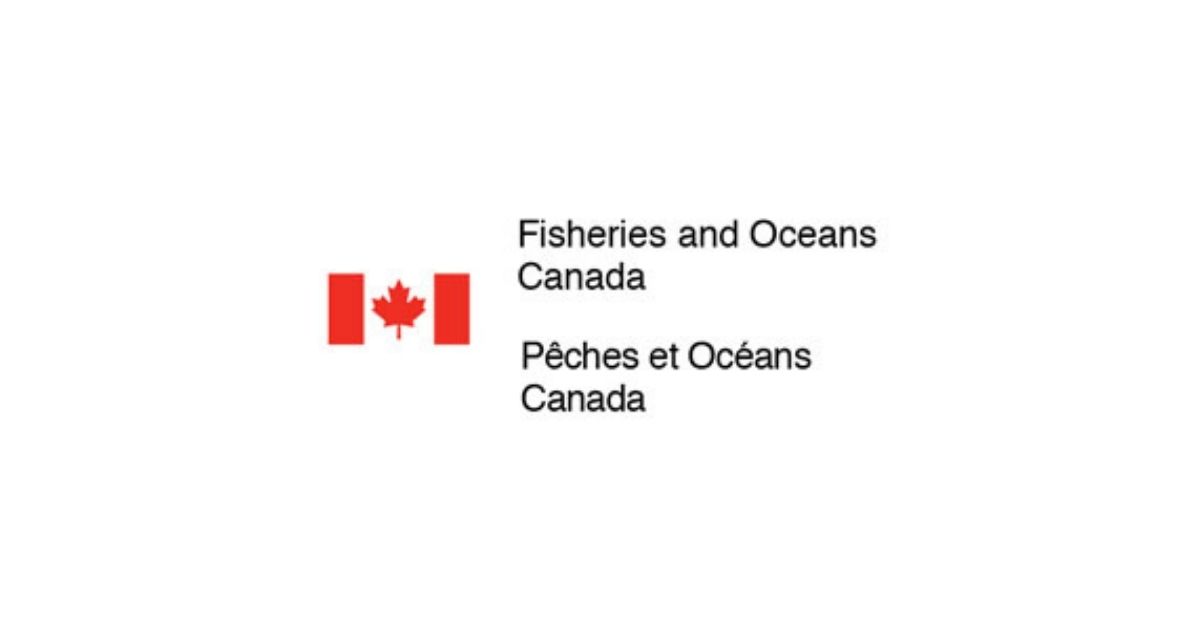Fisheries and Oceans Canada is hiring a Research Scientist to work as part of the American lobster fishery team
Duties
As part of a multidisciplinary team, the successful candidate will be partly responsible for the development of a framework for the collection and integration of socio-economic data on the American lobster fishery into stock assessments. A holistic approach which incorporates industry members, Resource Managers, DFO sectors (Science, Policy and Economics), academics and non-governmental organizations will be required. The position will entail the development of surveys and the planning and delivery of workshops to various stakeholder groups.
The incumbent will be expected to publish research findings, lead and/or participate in science advisory processes to transfer science advice to internal and external clients, and manage assigned human, financial and material resources.
Work environment
The American lobster (Homarus americanus) fishery is currently the most lucrative in North America. Although it has been an active fishery for over 150 years, within the last 30 years total landings in many areas have doubled. Accompanying this change, the socioeconomic reliance on this fishery has increased in many coastal communities (e.g. Greenan et al. 2019). A combination of environmental, ecosystem and fisheries drivers have likely caused the recent increase in lobster landings.
Much of the information on the increases in lobster productivity comes from the long time series of fisheries landings. As lobster fisheries are input controlled rather than output or total allowable catch (TAC) controlled, it has been presumed that landings are largely reflective of available biomass. Studies have revealed changes in fishing behaviour over time as lobster fishing became more profitable and other fisheries have collapsed (Fogarty 1995). These changes have resulted in increased fishing effort and/or fishing efficiency which would result in higher total landings independent of the changes in population biomass.
Gathering and synthesizing the information on the sequence and timing of changes to the fishery (including individual fishermen’s behaviour, policy changes and management controls) will help to standardize the landings time series. In order to complete this work a thorough literature review including archival and unpublished information will be required. Interviews and questionnaires of harvesters will provide specific details on the frequency and timing of changes in fishing behaviours and accompanying socio-economic drivers. This information will be used to develop measures of effective effort with which to standardize the landings time series as well as gaining insight into the socio-economic drivers of the fishery.
Intent of the process
In this process, they are seeking a qualified person to fill a 2-year temporary Research Scientist position at the Bedford Institute of Oceanography in Dartmouth, NS. A pool of qualified candidates may be used to staff other similar positions within DFO Maritimes Region on a permanent or temporary basis.
Application Deadline: 24 September 2020
For more information and how to apply, click here.





